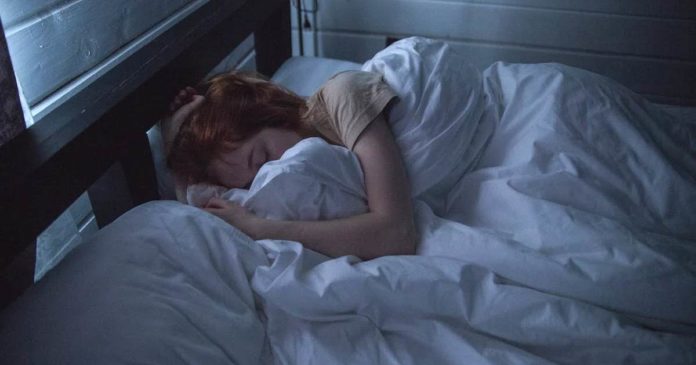A large-scale survey of cannabis use for sleep has found only a minority of participants reported using cannabis in conjunction with conventional sleep aids.
Of the 1,255 cannabis users surveyed for a Washington State University-led analysis, 80% reported cessation of use of over-the-counter (OTC) or prescription sleep aids such as melatonin and benzodiazepines.
More than 60% of those participating in the study reported getting six to eight hours of sleep when using cannabis alone. Among those using a prescription, over-the-counter sleep aid, or cannabis combined with a sleep aid, less than 20% of the sample reported getting six to eight hours of sleep.
There was a strong preference for inhalation of cannabis by smoking (46.1%) or vaporizing flower (42.6%). 33.8% of participants reported using cannabis edibles as a sleep aid, 42.5% used oils, and 14.1% capsules containing THC. Inhalation provides faster effects. Edibles and oils take longer to kick in, but the effects last longer.
In terms of cannabinoid preferences, 60% indicated high THC, followed by balanced THC:CBD (21.7%). Only 5.3% indicated a preference for high CBD.
An interesting finding were the number of participants (49%) seeking a terpene called myrcene in cannabis to assist with sleep. Myrcene is also found in other plants including hops, lemongrass and basil. It has long been associated with an active sedating effect, although scientific research confirming this is scant.
Commenting on the outcomes, senior author of the study and associate professor of psychology at WSU Carrie Cuttler said:
“Unlike long-acting sedatives and alcohol, cannabis was not associated with a ‘hangover’ effect, although individuals reported some lingering effects such as sleepiness and changes in mood.”
But Dr. Cuttler warned using cannabis as a sleep aid can be hit and miss.
“Not everyone is going to find that cannabis helps with their sleep and future research needs to employ more objective sleep measures to provide a more comprehensive understanding of the effects of cannabis for sleep,” she said.
The study results have been published in the journal Exploration Of Medicine.
Last week we reported on recent Canadian research finding a high prevalence of cannabis use among cancer survivors for addressing sleep issues.


